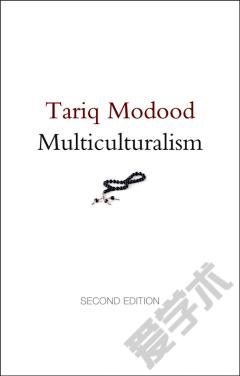Racial Culture —— A Critique
----- 种族文化:批判
Over the last thirty years, critical race and gender theorists have questioned whether and if law can protect difference in a meaningful way, especially in the workplace. Richard T. Ford, a law professor at Stanford University, provides an interesting critique of the resulting âmulticultural assumptions of differenceâ in his book RACIAL CULTURE. While he recognizes most refutations of these approaches come from conservatives with a political agenda of legal colorblindness, Ford explicitly asserts he shares the political and social goals of the progressive left. More specifically, he refutes colorblindness as a means of equality (see BROWN et al. 2003 for an articulation of this position). Ford argues that racial identity politics have the liability of undermining their stated objective of eliminating racism in the workplace. The author is clear; his opposition to discrimination based on status does not mean that one is not ambivalent about the development of a new legal category of discrimination based on culture. His overarching concern is that ârace,â which is socially and economically constructed, is given additional legitimacy by the assumption that every race manifests cultural similarities and that these cultural artifacts should be protected in the same manner as racism:
{{comment.content}}








 京公网安备 11010802027623号
京公网安备 11010802027623号